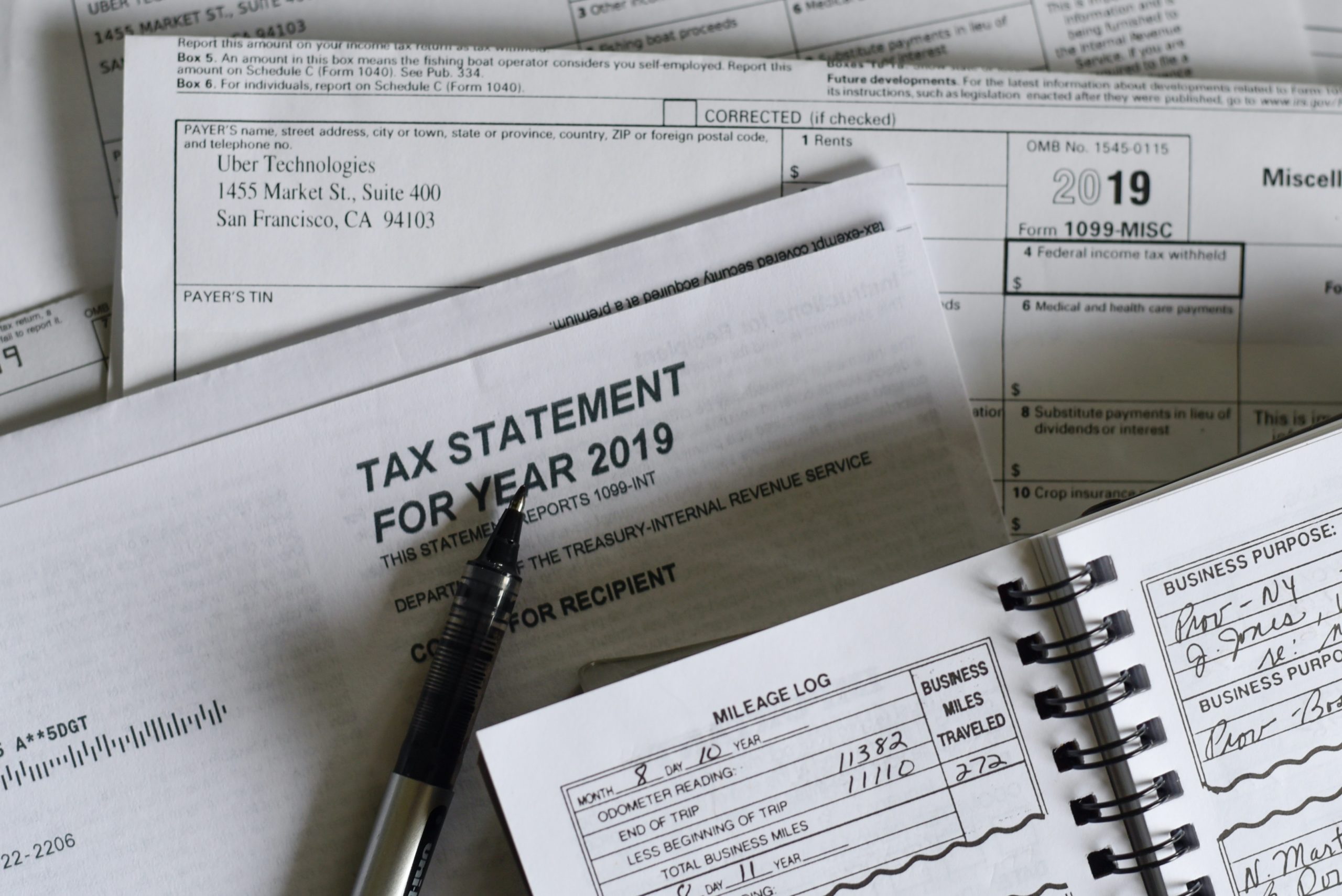IRS Extends the Deadline for Federal Tax Returns and Payments to July 15

On April 10, 2020, the IRS further extended filing deadlines and payment obligation due dates for federal tax returns. They have extended this change to any person who has a tax obligation due on or after April 1, 2020 and before July 15, 2020.
How can I receive the extension for federal tax returns?
Conveniently, the extension is automatic so there is no need to call the IRS, file extension forms, or send documentation to receive the extension. This extension applies to all obligations due during that time period originally or pursuant to a valid extension.
However, if a person believes they will need additional time beyond July 15, 2020, the appropriate extension form should be filed before July 15, 2020.
Any extension granted beyond July 15, 2020 will not go past the original statutory or regulatory extension deadline. So if a person would not otherwise be allowed an extension past July 15, 2020, they cannot file for an extension past that date.
What about other time-sensitive deadlines?
Assuming the action was not due before April 1, 2020, the IRS has also extended the deadline for all time-sensitive actions until July 15, 2020.
This includes:
- filing all petitions with the Tax Court
- the review of a decision rendered by the Tax Court
- filing a claim for credit or refund, or
- bringing suit for the credit of a claim
If the deadline to file for a credit was March 30, 2020, this extension does not cover that credit.
So what filings does this extension cover?
- Individual income tax returns and payments
- Calendar year or fiscal year corporate tax returns and payments
- Calendar year or fiscal year partnership tax returns and payments
- Estate and trust income tax returns and payments
- Estate and generation-skipping transfer tax returns and payments
- Gift and generation-skipping transfer tax returns and payments
- Estate tax payments of principal or interest due as a result of certain elections
- Exempt organizations’ business income tax returns and payments
- Excise tax payments on investment income
- Quarterly estimated income tax payments
What else should I know?
The IRS is encouraging those who can to file electronically as soon as possible, especially if a refund is due. The IRS is still processing refunds and working on getting them out as soon as possible.
Most, if not all, physical IRS locations are closed, which has impacted their receipt of physical returns sent via private delivery services. However, if you mail an item according to the proper rules, the IRS will consider it timely filed based on the mailing date regardless of the date it is actually received.
In the meantime, individuals can look forward to their Tax Stimulus Checks established by the federal CARES Act.
For more information or updates, check out the IRS Coronavirus Tax Relief page. These extensions and deadlines are subject to change as the coronavirus’s impact continues to spread.
